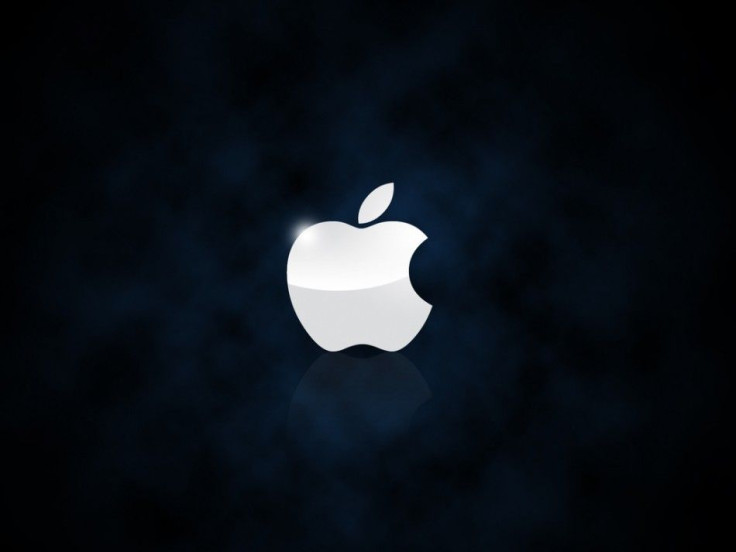Is Apple Rotten Without Jobs? Alleged Discrimination Against Farsi Speakers Adds To Company's Image Problems

Apple Inc.'s (Nasdaq: AAPL) shining white façade is picking up grime in the year after the death of genius CEO Steve Jobs. Recent weeks have brought a marketing gaffe at the World Wide Developers Conference 2012 and accusations of racial profiling against Iranian-Americans and Farsi speakers by Apple Store employees.
These events follow months of controversy about worker treatment by iPhone manufacturer Foxconn and the complete lack of women at the higher executive level.
Apple's most recent smudge came to light when the Council on American-Islamic Relations asserted Wednesday that Apple Store employees have refused to sell iPads and other merchandise to Iranian-Americans and customers speaking Farsi. The National Iranian American Council declared that Apple Store employees have been singling out Persian speakers for interrogation about how they intend to use Apple products and are clearly engaging in racial profiling.
Moreover, accusations of mistreatment of workers by Apple's Chinese iPhone supplier, Foxconn, have plagued the company for years. Worker suicides over the last three years have caused many to question the ethics of buying Apple products, and the company has had to bring on an outside organization to monitor conditions at Foxconn.
Just 10 days ago at the World Wide Developers Conference in San Francisco, Apple Senior Vice President of Software Engineering Craig Federighi was joined on stage by a fake lookalike of the popular Top Gear character The Stig. The choice to trot out a fake celebrity added a feel of gimmicky pandering that would not have been seen in the days of Steve Jobs. The marketing decision displayed a marked tone-deafness far outside the norm for a company usually acutely aware of its public appearance.
Apple has also faced criticism since Jobs' death because of its all-male executive team. Forbes called Apple without Steve Jobs a bad apple core and warned that it would remain so unless women were promoted to the top.
All of the criticisms of Apple since Jobs' death have been warranted, and of course, there was plenty of criticism before. But it tended to take the form of complaints about poor iPhone performance rather than questions about the company's ethics and management.
Apple is still coming out with great products. Witness the success of the latest round of MacBooks. But the fact that dirt seems to be increasingly sticking to Apple demonstrates not only possible ethical weaknesses in the company, but also significant failures in messaging that could be troubling to investors and consumers alike.
The Iranian-American group raised the question of Apple's poor image management and its potential consequences for the company in an open letter to CEO Tim Cook. By denying service to Iranian-American and Iranian customers seeking to purchase its products for legal purposes on the basis of ethnicity, Apple is harming both its corporate reputation and deeply insulting and hurting the Iranian-American community.
Apple has not issued a statement regarding the alleged discrimination against Farsi-speakers by its employees. The longer it ignores the issue, the more people will question the company's motives and the more Apple's public image will be degraded by the issue. Apple without Jobs and his famous reality-distortion field is increasingly showing that it can't manage its own image.
Apple Incorporated (Nasdaq: AAPL) shares Apple shares closed down $8.08 at 577.66 on Thursday.
© Copyright IBTimes 2025. All rights reserved.





















